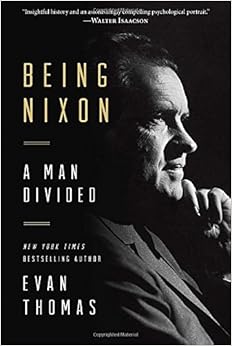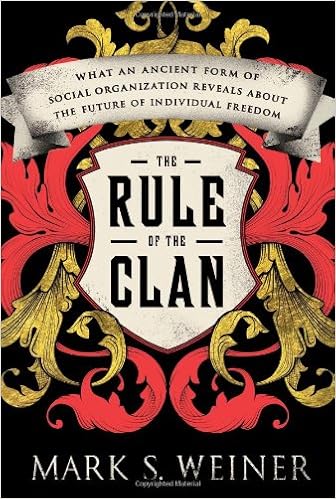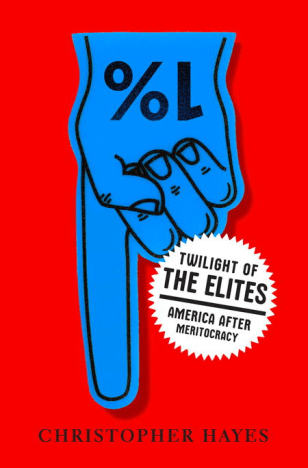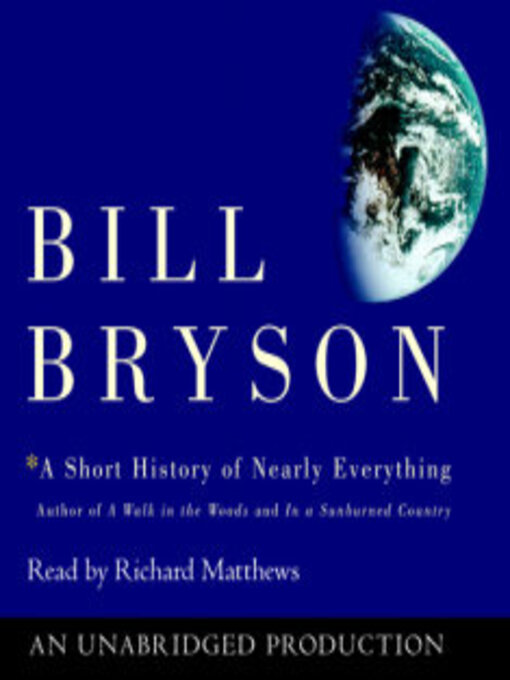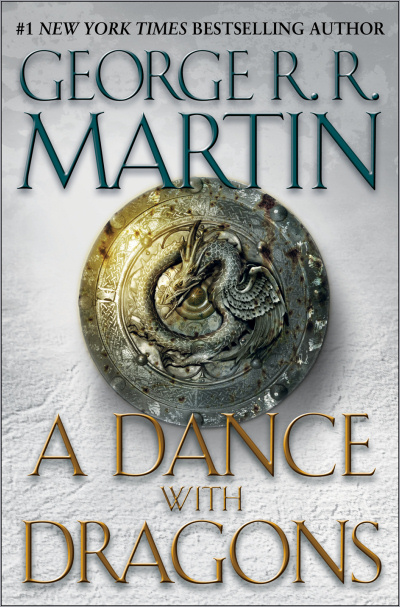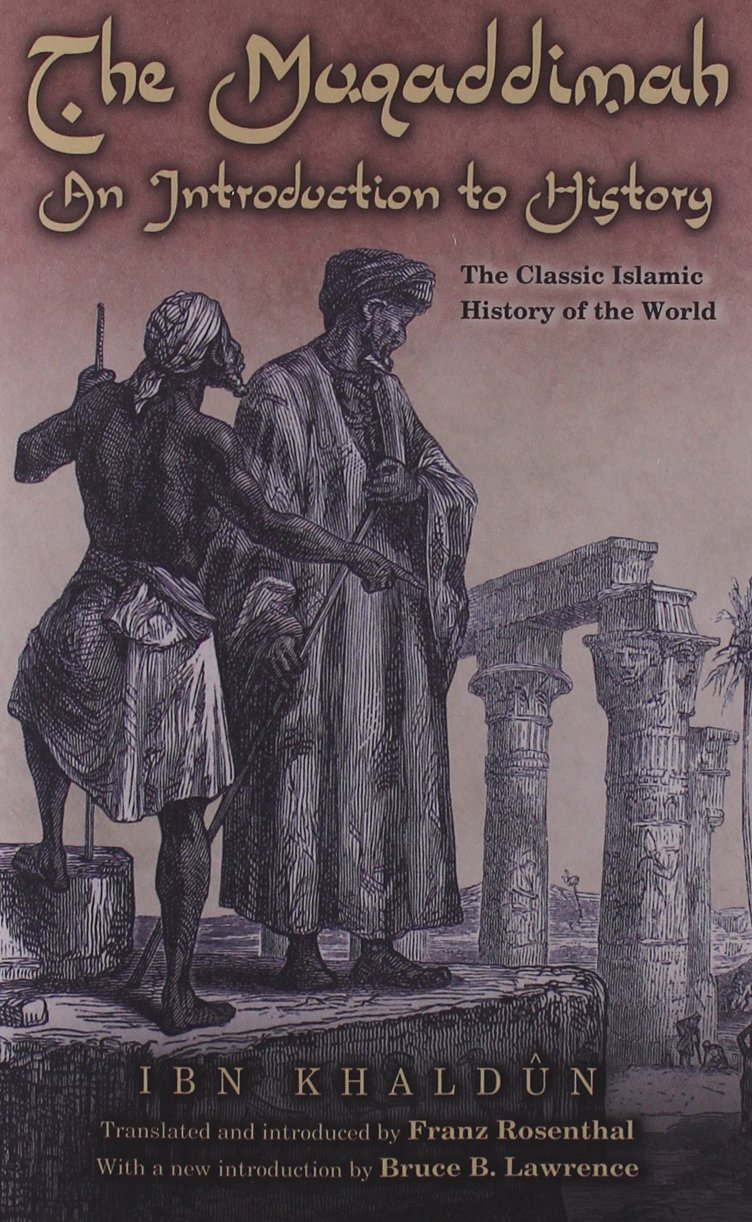Thucydides Roundtable, Addendum: Steve Bannon’s interest in the Peloponnesian War
Tuesday, January 31st, 2017[ by Charles Cameron — tying our colloquium on Thucydides to current White House events ]
.
**
Well, I’ve been majorly out of it since the Thucydides roundtable started, and am only slowly getting back into the swing of things, but I’d like to bookend my initial roundtable comment with a closing observation, this one concerning Steve Bannon and his interest in the history of warfare. The quote that follows is from the Armchair General‘s column, Steve Bannon’s Long Love Affair With War, in today’s Daily Beast:
You can also find Bannon’s affection for military and strategic ruthlessness in what he reads. According to two of Bannon’s former friends from his West Coast days, two of his favorite books are Sun Tzu’s The Art of War, the hugely influential ancient Chinese text on military strategy, and the Hindu Bhagavad Gita. The latter tells the story of a holy war to establish dharma.
Sun Tzu, check. Bhagavad Gita, double check. Dharma! Indeed!
**
The article continues:
Julia Jones, Bannon’s longtime Hollywood writing partner and former close friend, recalls seeing him excitedly flipping through both books, and talking about them lovingly and often. She would frequently see various “books all over [Steve’s place] about battles and things,” among his clutter of possessions and interests. (Late last year, Jones — who identifies as a “Bernie Sanders liberal” — had a falling out with Bannon due to his work on the Trump presidential campaign, a role that she said absolutely “disgusted” her.)
“Steve is a strong militarist, he’s in love with war — it’s almost poetry to him,” Jones told The Daily Beast in an interview last year, well before Trump won the election and Bannon landed his new job. “He’s studied it down through the ages, from Greece, through Rome… every battle, every war… Never back down, never apologize, never show weakness… He lives in a world where it’s always high noon at the O.K. Corral.”
Almost poetry.
And back to dharma:
Jones said that Bannon “used to talk a lot about dharma — he felt very strongly about dharma… one of the strongest principles throughout the Bhagavad Gita.”
I suppose I should write a follow-up about dharma and the battlefield of Kurukshetra, where Krishna instructed Arjuna in the dharma appropriate to a warrior.
And so to our roundtable topic — the Peloponnesian War:
She also noted his “obsession” with the military victories and epic battles of the Roman Empire’s Marcus Aurelius and Julius Caesar. But a personal favorite of Bannon’s was the subject of the Peloponnesian War fought between Athens and Sparta.
“He talked a lot about Sparta — how Sparta defeated Athens, he loved the story,” Jones said. “The password on his [desktop] computer at his office at American Vantage Media in Santa Monica was ‘Sparta,’ in fact.”
This is the mindset of Trump’s top White House aide who just earned himself a seat at the table on the National Security Council.
**
You’d like a more direct Bannon Thucydides connection? The topic is smaller than Bannon’s role at the NSC — the “war” between Breitbart and Fox — but Thucydides is front and center. In a Breitbart piece from August 2016, Fox Faces Its Uncertain Future: The Minor Murdochs Take Command, Steve Bannon writes:
Here at Breitbart News, we see ourselves as a small yet up-and-coming competitor to Fox. Yes, you read that right, Breitbart is on the rise, and Fox is in decline. Even the MSM has noticed the changing of the guard; here’s the Washington Post headline from January: “How Breitbart has become a dominant voice in conservative media,” reinforced by Politico just this morning. In this modern-day version of the epic Peloponnesian War, the incumbent Athenians might as well know that the Spartans are coming for them, and there’s not a damn thing they can do about it; indeed, more Spartans are joining us every day. As Thucydides would warn them, if the leaders of Fox choose to pipe Mickey Mouse aboard and give him command on the bridge, well, that will only accelerate Fox’s fall.
See also: Titus in Space (Paris Review, November 2016)



